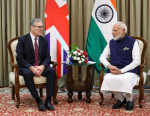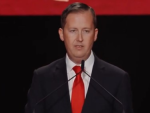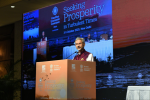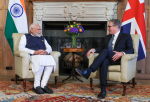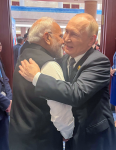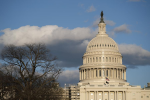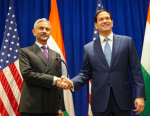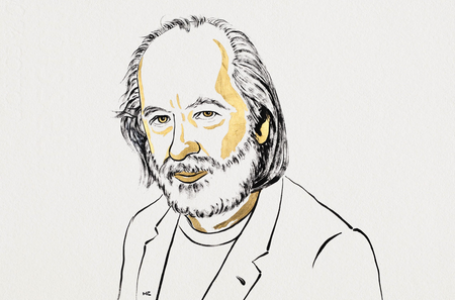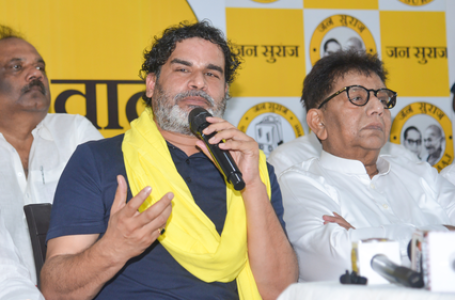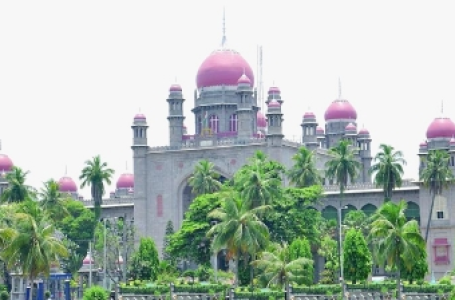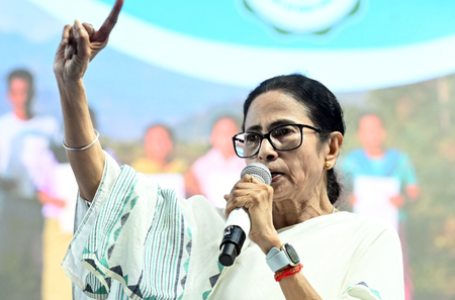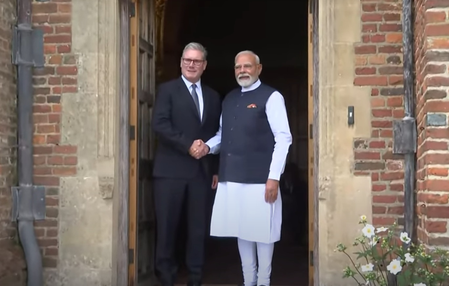
New Delhi: In diplomacy, exchange of high-level visits are a good measure of the state of bilateral relations between countries, more so if they happen regularly. The visit of UK Prime Minister Keir Starmer to India, just a little over two months after PM Narendra Modi was in the country, therefore, is a very good indicator of the current momentum in bilateral ties. Not only do they seem robust but there also appears a willingness on both sides to work together and have mutually beneficial ties.
The two PM’s will be delivering keynote addresses at the 6th edition of the Global Fintech Fest in Mumbai and engaging with business and industry leaders. The desire to lend a fillip to the economic partnership is driven undoubtedly by the inking of the India-UK Comprehensive Economic and Trade Agreement (CETA) in July this year. The pact awaits ratification by the British Parliament.
Starmer, the Labour leader whose party swept to power in July last year, is on his first official visit to India since he took charge. Mumbai is where he will be for two days beginning today (October 8) and PM Modi will be meeting him the following day in India’s commercial capital. There’s signalling in choosing Mumbai and not New Delhi to play host to Starmer with both sides looking to consolidate economic ties and boost bilateral trade through CETA.
This pact which has lowered trade barriers between the two countries is being seen as beneficial to business and trade for both. While India has hailed it as a “game- changer” that will help boost Indian exports to the UK, the latter too sees the pact as giving its greater market access for its goods in India. For now, there is convergence of interests in pushing for a closer economic partnership even though some trade barriers do remain.
Even so, the visit is important as both negotiate a world in geopolitical flux and economic uncertainties. While the UK has been in search of economic partnerships with countries other than those in Europe post-Brexit, India too is looking around likewise amidst its on-going trade tensions with the US. For the Labour government which unseated the Conservatives who had been in power since 2010, there is an imperative to deliver on the economic front if it is to retain public support. .
Both sides are also working to deepen ties under the rubric of their Comprehensive Strategic Partnership. A commitment to peace and prosperity in the Indo-Pacific amidst growing Chinese footprints in this region too marks a convergence in strategic interests. India’s strategic partnership with the UK has also seen growing cooperation in the defence sector with the two sides having outlined for themselves a defence industrial roadmap.
The Starmer visit is also expected to lend an impetus to the ‘India-UK Vision 2035’ which is meant to drive the strategic partnership. This vision It has set itself ambitious goals across various sectors. During the official-level discussions led by the two PMs, stock-taking of where Vision 2035 is headed will be done.
Robust as bilateral ties are at present, there are some sticking points too in the relationship as far as New Delhi is concerned. One of them is related to immigration and visas with India often raising this issue frequently in the past with the UK. More recently, the Labour government has come out with a White Paper on Immigration in order to curtail the numbers of foreign nationals seeking to settle in the UK.
This is expected to have a significant impact on the large number of Indian students hoping to settle down in the UK on completion of their studies. New Delhi will expectedly raise this issue at the Modi-Starmer bilateral meeting given that students visas for Indian students have always been a niggling issue between the two sides.
India also remains extremely concerned about the virtually free run that Khalistani elements seem to have in the UK. In recent times, these elements have not just held protests outside the Indian High Commission in London but also indulged in vandalism. India has been repeatedly raising this matter with the UK but the latter has failed to satisfactorily address its concerns. The extradition of fugitives Vijay Mallya and Nirav Modi too continues to be an irritant in bilateral relations.
While for now India and UK ties may seem robust, the Starmer government will need to ensure that it remains sensitive to Indian concerns on these issues for the relationship to continue to flourish.
( The writer is a Delhi based senior journalist )
INDIA NEWS STREAM



 by Parul Chandra
by Parul Chandra
